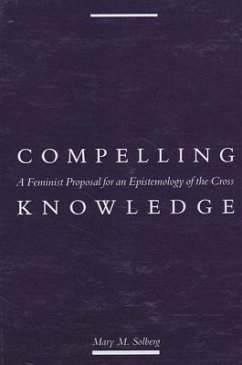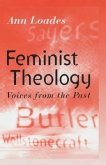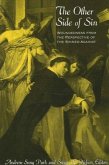Few feminist philosophers would expect to find a resonant dialogue partner in the sixteenth-century theologian and reformer Martin Luther. This book contends, however, that Luther's theology of the cross, in its critique of both official theology and human pretension, its announcement of God's incarnate solidarity with humankind and the value of embodied experience, and its intention to equip humans to "use reality rightly," provides a solid theological and ethical basis for a surprisingly congenial conversation. The "epistemology of the cross" that emerges from the conversation between secular feminist thought and Luther's theology of the cross raises and responds to the essential epistemological questions of power, experience, objectivity, and accountability. It helps us as people of privilege overcome our resistance to knowing the reality of suffering, a reality we need to recognize if we are to respond to it, bear with it, and seek to overcome it. Solberg describes the movement from lived experience to "compelling knowledge": seeing what is the case, recognizing one's implication in it, and responding accountably.








